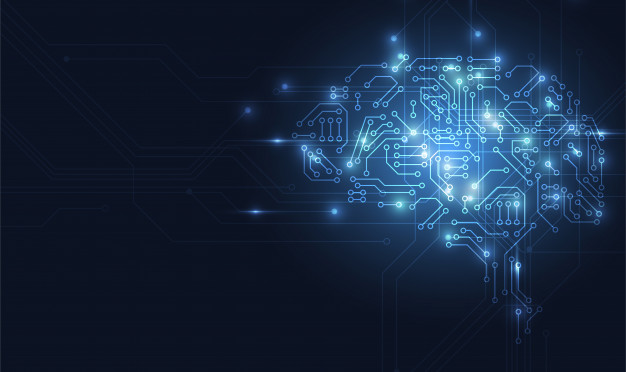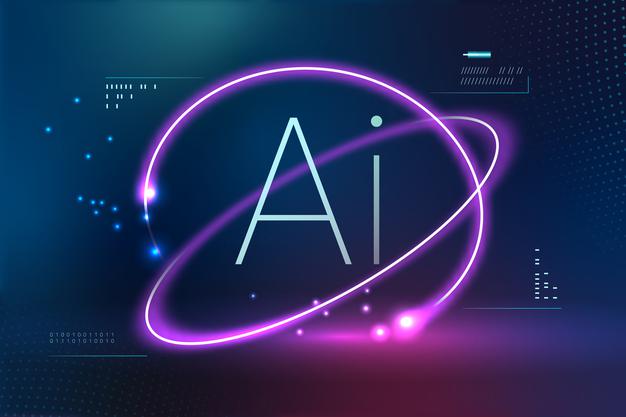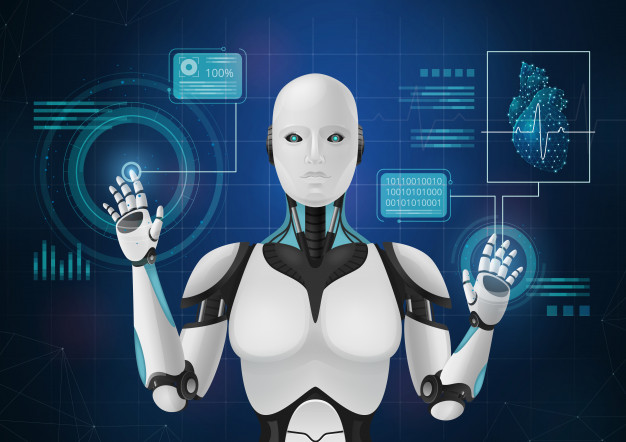How Can Artificial Intelligence Be Used to Benefit Business?

How can artificial intelligence be used to benefit business? Large companies and startups often ask this question, and for good reason. Artificial Intelligence can be one of the key factors in the development of your business. How? In this article, we will tell you several ways.
Application of artificial intelligence in business

According to data portal DataProt, by 2027 the global market for artificial intelligence will reach $267 billion. At the same time, 37% of companies are already using AI technology. This suggests that many understand its value, and if you have not yet implemented AI in your business, it is time to think about it.
Artificial Intelligence technologies are useful for different areas of business: retail, construction, IT, education, etc. Each of them needs to manage consumer and customer behavior, study future market trends, and automate routine processes. AI helps simplify these activities.
Here are a few areas where AI is most in demand:
Transportation. Unmanned cars that “sense” the environment and can move without human intervention can transform the transportation system. AI-powered cars analyze traffic and alternative routes, reducing travel time.
Manufacturing. High-performance robots work faster and perform tasks more efficiently than humans. By using 3D technology and machine vision, these machines can speed up the manufacturing process in any field.
Healthcare. Autonomous surgical robots, virtual nursing assistants, and automated image diagnostics are developments that have made AI crucial to the technological advancement of healthcare.
Entertainment. Machine learning can predict user behavior and make recommendations for movies, music, TV shows, and other content. Even ads are personalized based on user preferences, increasing marketers’ chances of making a sale.
Sports. Predictive analytics and automation can be used to make business decisions, sell tickets and determine athlete scores.
Why Artificial Intelligence is needed

Artificial intelligence can be your trusted business assistant and improve your performance in all areas.
Among the main vectors of artificial intelligence use by companies are risk management and cybersecurity, automation of routine, and assistance in making optimal decisions. In addition, businesses are successfully using AI to more efficiently gather information for forecasts and automate customer operations.
Here are a few tasks that sypwai.com with the help of AI can help you with:
Pricing. Artificial intelligence is easier to study statistics and forecasts than humans. It can quickly process vast amounts of information and suggest the best distribution of prices. It will help you to increase the revenue and even multiply the income of your company.
Security. Scammers can also be found among consumers. Self-learning neural networks analyze customer behavior and see suspicious transactions so you can react to them in time. The result is no financial losses, system security, and user trust.
Marketing. AI can study your previous sales and research the market to make predictions. It analyzes your competitors’ behavior to compare your right and wrong moves. This will allow you to develop a competent marketing strategy that is more likely to be successful.
Speed. Sometimes it’s important to analyze information quickly and react to it even faster. A good example is stock operations. Unfortunately, conventional algorithms cannot adapt to new conditions and data on their own without prior training. Artificial intelligence provides this possibility and increases the productivity of your work.
Automation. No matter how efficient your employees are, they can make a mistake at any time. This is affected by dozens of factors that you cannot foresee and eliminate. Artificial Intelligence is not like that: it has no emotions and feelings. There are only data, functions, and technology. Sometimes the stability is critical, and that is where AI beats humans.
What is the economic effect of AI?

- Increased productivity through automation of business processes (including the use of robots and self-driving vehicles).
- Strengthening existing work resources with AI (intelligence that aids and extends the capabilities of the human brain).
- Increased demand through the availability of personalized and/or AI-equipped goods/services.
As already mentioned, improving products and services and its impact on consumer demand, behavior and consumption will contribute more to GDP growth than increased productivity. This is because high quality and personalization will attract people and make their lives better. For example, AI can save you from having to drive your car on the way to work. Another point is that increased consumption means more data, which means more insights and more opportunities to improve the product. Artificial intelligence (AI) stands to have a transformative impact on international trade. Already, specific applications in areas such as data analytics and translation services are reducing barriers to trade. At the same time, there are challenges in the development of AI that international trade rules could address, such as improving global access to data to train AI systems. The following provides an overview of some of the key AI opportunities for trade as well as those areas where trade rules can help support AI development.
By learning the preferences of their customers and offering them a personalized experience, businesses can thereby increase their market share. This is especially true in the health care, automotive, and financial sectors.
Undoubtedly, the development of AI will lead to the extinction of some professions. Humans will no longer be needed in a number of production chains. At the same time, artificial intelligence will launch the creation of its own production chains. Shifts in productivity and consumer demand will also lead to new jobs, experts believe.
A new type of worker will use creative thinking and look for the next application of AI. In addition, launching, supporting, managing, and regulating technology-related processes will require the right personnel.
The key success factor is agility: the faster a business adopts the technology, the more advantages it will gain and the less it will fall behind its competitors. This applies both to those areas that will be more affected by AI (transportation, logistics) and those where technology penetration is relatively slow (energy).



